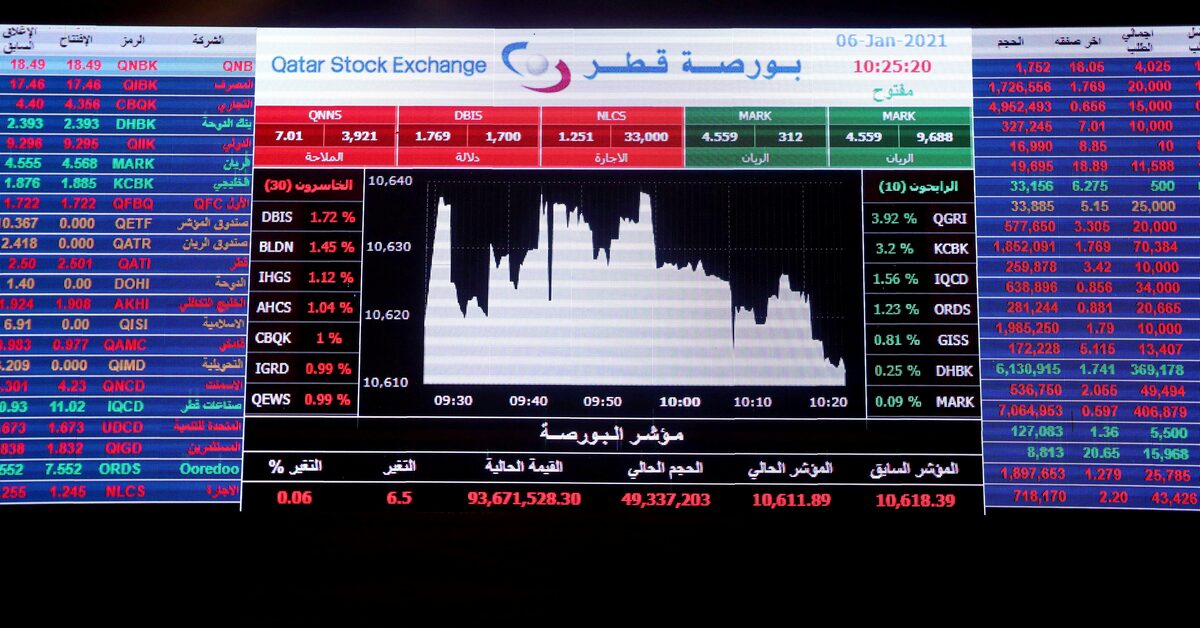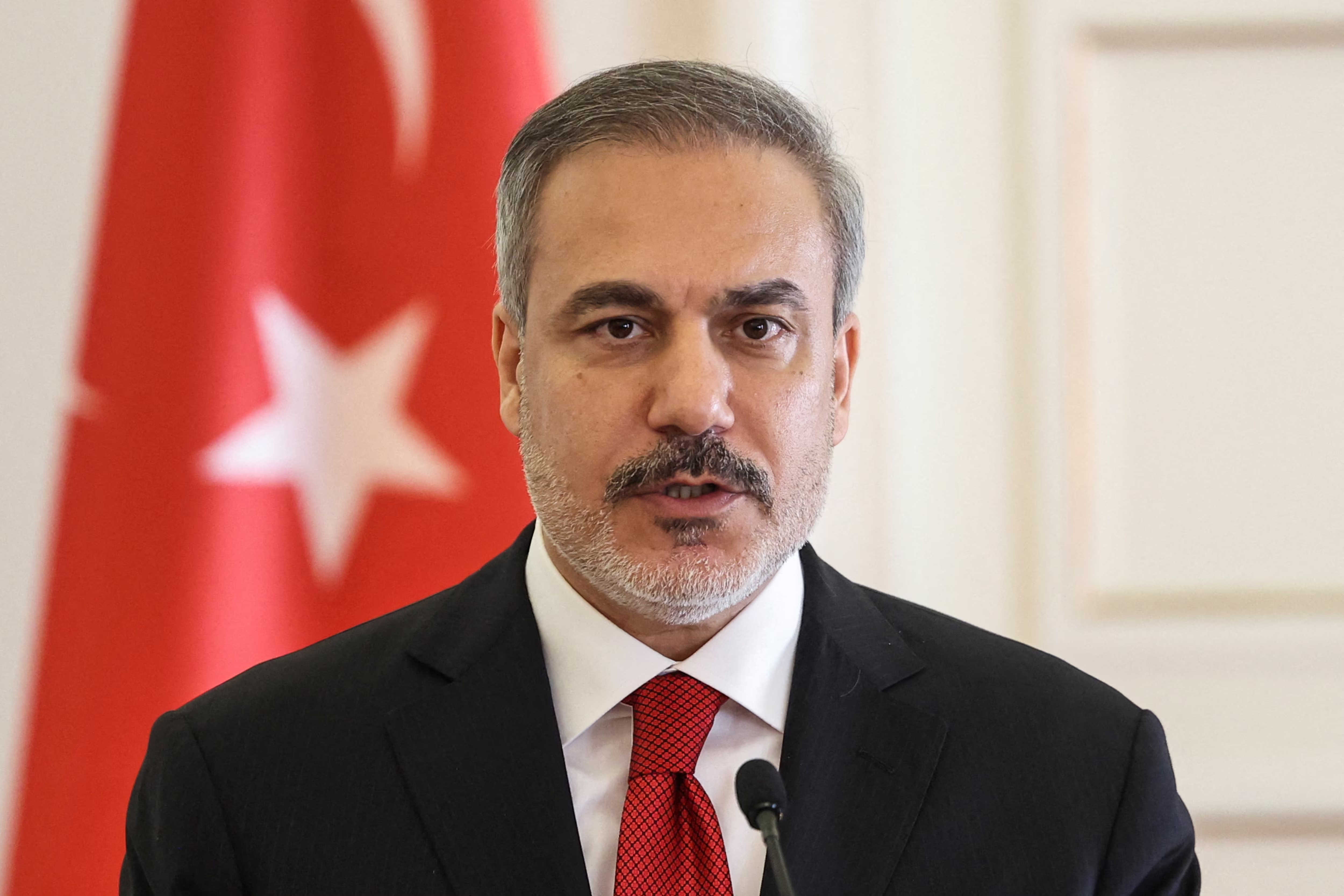After more than a decade of conflict, Syria is on the brink of reintegration into the global economy, but the implications are anything but straightforward. Sanctions are being eased and a staggering $7 billion energy deal involving Gulf investors has been struck, raising critical questions about who truly stands to benefit from Syria"s recovery.
Gulf Nations Move In
As reported by AP News, the recent wave of Gulf-backed investments signals a shift in the geopolitical landscape. Major firms from Qatar, Turkey, and the US are stepping into the vacuum left by diminishing Iranian and Russian influence. This $7 billion agreement to rebuild Syria"s power infrastructure is not merely about energy; it represents a strategic alignment that places Syria firmly within a Gulf-aligned bloc.
Economic Control and Political Agency
While the influx of foreign capital may appear beneficial, the broader implications for Syria"s sovereignty are concerning. If history teaches us anything, it is that postwar economies often become designed around the interests of their financial backers. The Brookings Institution highlights the critical need for sanctions relief, yet this relief may come at the cost of political agency. Will Syria be able to reclaim its autonomy, or will it find itself in a position akin to Iraq, where external interests dictated the terms of recovery?
\n\n
Qatar Investment Authority launches new market making initiative | Reuters
Infrastructure Projects and Regional Integration
The energy deal is just the tip of the iceberg. Syria is negotiating a $300 million fiber-optic project with Gulf telecoms and has signed agreements worth over $1.5 billion for port development. Such projects are not merely about reconstruction; they are about reshaping Syria"s role in a broader regional framework, potentially aligning it with the Iraq Development Road initiative. This could position Syria as a logistical hub, but at what cost to its own people?
Dependence on Foreign Investment
The dependency on Gulf nations raises critical concerns about the long-term sustainability of Syria’s economic recovery. As noted by The New York Times, while easing sanctions opens doors for investment, it also solidifies foreign control over Syria’s economic landscape. The country’s recovery hinges on whether it can secure institutional guarantees and enact credible reforms to attract investment without surrendering its autonomy.
\n\n
Syrian government needs to reconcile with its people and ...
Implications for the Syrian People
This new wave of investment, while potentially lucrative, risks prioritizing the interests of investors over the needs of the Syrian people. Reconstruction must not only focus on infrastructure but also on investing in human capital. A sustainable recovery would require policies that uplift marginalized communities, promote local entrepreneurship, and ensure equitable access to the benefits of reconstruction. The stakes are high; if Syria cannot balance foreign interests with domestic needs, it risks becoming a vessel for external exploitation.


![[Video] Heavy clashes and gunfire reported in Baghdad, Iraq](/_next/image?url=%2Fapi%2Fimage%2Fthumbnails%2Fthumbnail-1768342239932-848qsh-thumbnail.jpg&w=3840&q=75)




![[Video] Gunfire between Iraqi security forces and Sadr militias in Baghdad](/_next/image?url=%2Fapi%2Fimage%2Fthumbnails%2Fthumbnail-1768343508874-4redb-thumbnail.jpg&w=3840&q=75)
